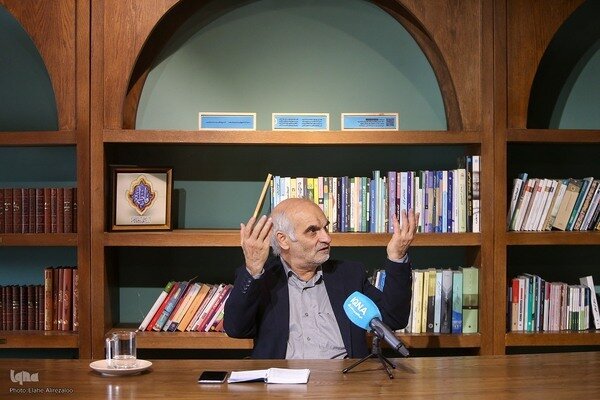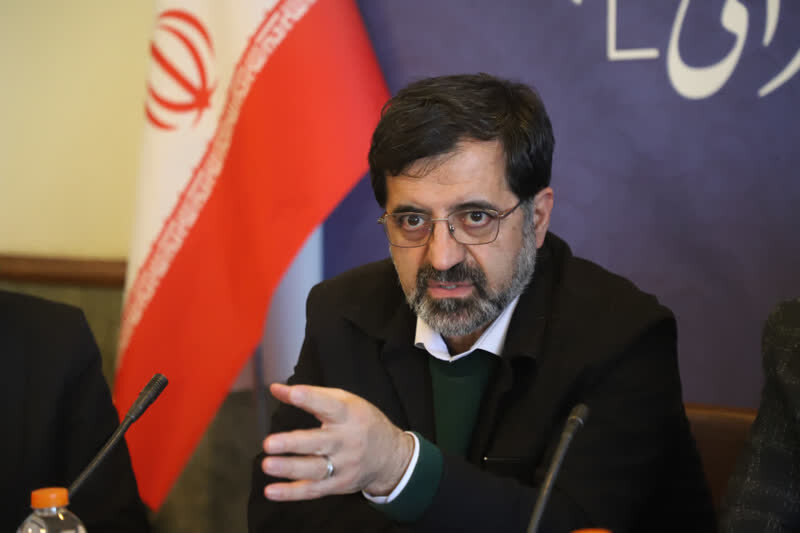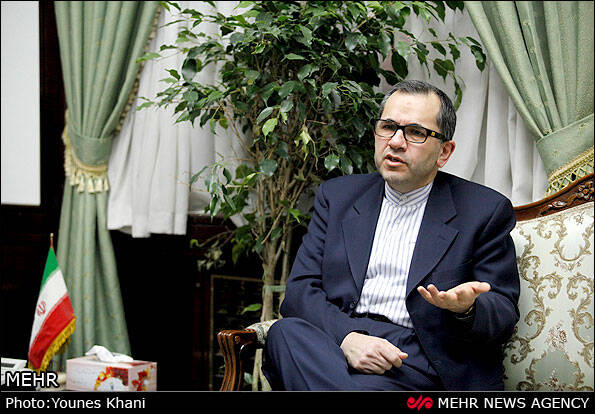Sweeping UN sanctions reimposed on Iran
Sweeping UN sanctions reimposed on Iran

Widespread United Nations sanctions, including an arms embargo, against Iran were reinstated late on Saturday, marking the first time in a decade that the full range of measures has been reimposed.
The move follows the collapse of nuclear negotiations between Iran and western powers, reigniting tensions surrounding Tehran's nuclear programme.
The sanctions, which took effect at midnight, target Iran's nuclear and ballistic missile activities. They are also expected to worsen the country's already fragile economy, just three months after Israeli and US attacks on its nuclear facilities.
Tehran has warned of a harsh response to the reimposition of sanctions and called on countries not to enforce them.
"The reactivation of annulled resolutions is not only legally baseless and unjustifiable... all countries must refrain from recognising this illegal situation," the Iranian foreign ministry said in a statement.
US Secretary of State Marco Rubio called on Iran to engage in "direct, good-faith talks" and urged UN member states to fully enforce the sanctions to pressure Tehran's leadership.
In a joint statement, the foreign ministers of the UK, France and Germany reaffirmed their commitment to a diplomatic resolution aimed at preventing Iran from developing nuclear weapons. They also called on Tehran "to refrain from any escalatory action".
Iran has recently allowed UN inspectors back into its nuclear facilities but President Masoud Pezeshkian said the US had offered only a temporary easing of sanctions in exchange for Iran surrendering its entire enriched uranium stockpile, a demand he rejected as unacceptable.
A last-minute bid by Russia and China to delay the sanctions until April failed in the UN Security Council, clearing the way for the measures to take effect as scheduled. Germany, which led the push for the sanctions alongside Britain and France, defended the decision by arguing that Iran had continued failure to meet its international commitments.
Omani-mediated talks between Iran and the United States collapsed in June following Israeli and American strikes on Iran, bringing diplomatic progress to a halt.
Russia, meanwhile, has condemned the sanctions and said it would not enforce them. Russian Foreign Minister Sergei Lavrov accused western states of undermining the Security Council's authority and pursuing unilateral pressure tactics against Iran.
Tehran maintains that its nuclear programme is peaceful and denies any intention to develop nuclear arms.
The reimposed sanctions are a "snapback" mechanism from the 2015 nuclear agreement, which had suspended penalties in exchange for restrictions on Iran's nuclear programme.
That deal began to unravel after President Donald Trump withdrew in 2018 and reimposed crippling US sanctions, including efforts to block Iranian oil exports, plunging Iran deeper into economic crisis.
The Iranian rial fell to 1,123,000 per US dollar, a new record low, on Saturday, from about 1,085,000 on Friday, Reuters reported citing foreign exchange websites.









